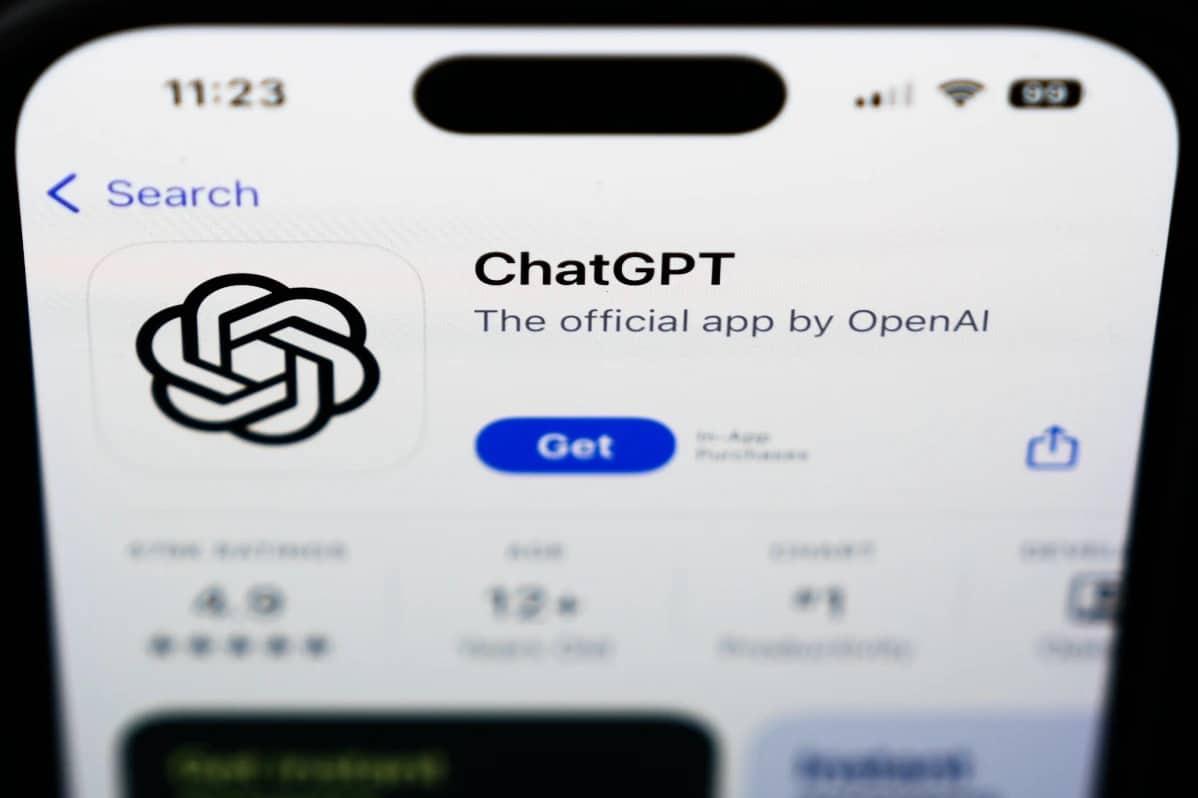Artificial intelligence went mainstream in 2023 — it was a long time coming yet has a long way to go for the technology to match people’s science fiction fantasies of human-like machines.

Catalyzing a year of AI fanfare was ChatGPT. The chatbot gave the world a glimpse of recent advances in computer science even if not everyone figured out quite how it works or what to do with it.
“I would call this an inflection moment,” pioneering AI scientist Fei-Fei Li said. “2023 is, in history, hopefully going to be remembered for the profound changes of the technology as well as the public awakening. It also shows how messy this technology is.”
It was a year for people to figure out “what this is, how to use it, what’s the impact — all the good, the bad and the ugly,” she said.
PANIC OVER AI
The first AI panic of 2023 set in soon after New Year’s Day when classrooms reopened and schools from Seattle to Paris started blocking ChatGPT. Teenagers were already asking the chatbot — released in late 2022 — to compose essays and answer take-home tests.
Worries escalated as this new cohort of generative AI tools — spitting out not just words but novel images, music and synthetic voices — threatened the livelihoods of anyone who writes, draws, strums or codes for a living. It fueled strikes by Hollywood writers and actors and legal challenges from visual artists and bestselling authors.
Some of the AI field’s most esteemed scientists warned that the technology’s unchecked progress was marching toward outsmarting humans and possibly threatening their existence, while other scientists called their concerns overblown or brought attention to more immediate risks.
By spring, AI-generated deepfakes — some more convincing than others — had leaped into U.S. election campaigns, where one falsely showed Donald Trump embracing the nation’s former top infectious disease expert. The technology made it increasingly difficult to distinguish between real and fabricated war footage in Ukraine and Gaza.
By the end of the year, the AI crises had shifted to ChatGPT’s own maker, the San Francisco startup OpenAI, nearly destroyed by corporate turmoil over its charismatic CEO, and to a government meeting room in Belgium, where exhausted political leaders from across the European Union emerged after days of intense talks with a deal for the world’s first major AI legal safeguards.
The new AI law will take a few years to fully take effect, and other lawmaking bodies — including the U.S. Congress — are still a long way from enacting their own.
TOO MUCH HYPE?
There’s no question that commercial AI products unveiled in 2023 incorporated technological achievements not possible in earlier stages of AI research, which trace back to the mid-20th century.
But the latest generative AI trend is at peak hype, according to the market research firm Gartner, which has tracked what it calls the “hype cycle” of emerging technology since the 1990s. Picture a wooden rollercoaster ticking up to its highest hill, about to careen down into what Gartner describes as a “trough of disillusionment” before coasting back to reality.
“Generative AI is right in the peak of inflated expectations,” Gartner analyst Dave Micko said. “There’s massive claims by vendors and producers of generative AI around its capabilities, its ability to deliver those capabilities.”
Google drew criticism this month for editing a video demonstration of its most capable AI model, called Gemini, in a way that made it appear more impressive — and human-like.
Micko said leading AI developers are pushing certain ways of applying the latest technology, most of which correspond to their current line of products — be they search engines or workplace productivity software. That doesn’t mean that’s how the world will use it.
“As much as Google and Microsoft and Amazon and Apple would love us to adopt the way that they think about their technology and that they deliver that technology, I think adoption actually comes from the bottom up,” he said.
IS IT DIFFERENT THIS TIME?
It’s easy to forget that this isn’t the first wave of AI commercialization. Computer vision techniques developed by Li and other scientists helped sort through a huge database of photos to recognize objects and individual faces and help guide self-driving cars. Speech recognition advances made voice assistants like Siri and Alexa a fixture in many people’s lives.





